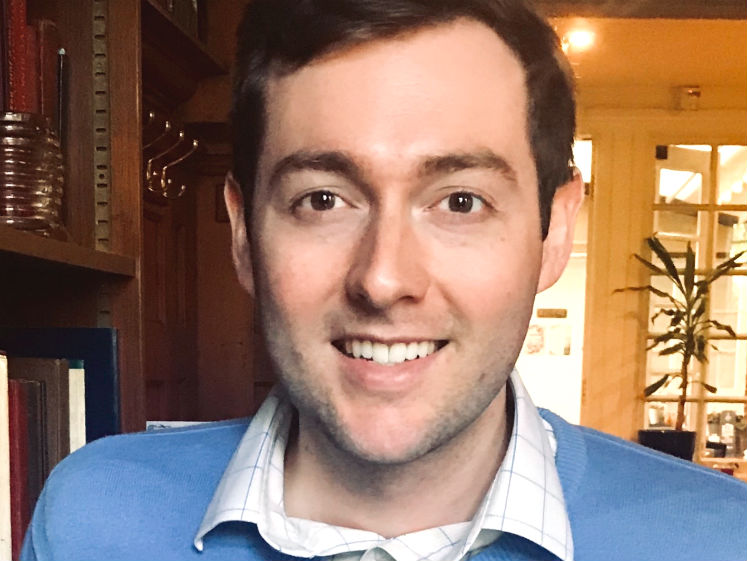 Jordan Vieira
Jordan Vieira
What are you currently researching?
My research explores social change and class issues on the Isle of Dogs– an area where international banks and gated residential complexes occupy the former shipping docks.
I’m looking at the impact that financialisation and private capital development have had on the area and people’s everyday lives, with the development of Canary Wharf.
Against this backdrop, I examine practices of ‘time-tricking’ - where people attempt to accelerate, slow, extend, shorten, or otherwise modify their experience of time according to their needs and desires. One example of time tricking is drinking in one of the local pubs, which people often patronise for the consistent temporal flow that the space and alcohol consumption create as a refuge from the constant interruptions of daily urban life.
From the timeframes involved in managing money and debt to the ways people try their best to prolong elements of their everyday lives or ways of life, often at the expense of others, time is a central theme of my work.
What attracted you to this area of research?
I moved to London from California in 2013 to study for my MSc and ended up living on the Isle of Dogs. Arriving early to the house viewing, I visited a nearby pub for food and chatted with the barman. I returned many times, as I found the regulars there to be good company with interesting stories about London’s East End. Many had grown up either amidst the working docks or as the area was being developed as a financial hub.
Having these conversations sparked an interest in the area beyond living there, and I developed many friendships. This interest bubbled away in the background while I worked on my initial PhD idea.
When that didn’t work out, I looked to the community where I had been living. I was intrigued by the gentrification, inequality, and conflicting political opinions about Brexit and other topics. I wanted to explore these issues further and provide an avenue for people’s concerns to be heard and taken seriously.
How do local people feel about development in the area?
People will tell you that something needed to happen after the docks closed, as the area had become, in their words, derelict. They will also tell you that development has taken away a valued way of life. It’s a thorny situation where people want to hold on to elements of the past but also seek what they feel are better living standards.
Canary Wharf has provided an avenue for some of the area’s working class to gain upward social mobility, but the jobs in finance are competed for by people from all over the world who are all also trying to improve or maintain desired lifestyles.
What wider impact do you hope your findings will have on society?
A case can be made to support a reduced working week and debt forgiveness, as well as consideration of structural change to the economic system and a rethink of the indicators and measurements by which we gauge and assess economic performance.
What has been the biggest highlight of your PhD journey so far?
The relationships I now have with people who feel comfortable enough with me to have shared their lives – their anxieties, hopes, frustrations, and time. I am forever grateful.
What would be your advice to other PhD students?
Ask for help when you need it. The earlier you seek advice, the sooner you can rectify the problem!
Also, for a variety of reasons, there is pressure on graduate students to get our research finished as quickly as possible. This can create a feeling that your work needs to be (as close to) perfect on your first attempt. Get something – anything – written down. You’ll ultimately save more time, be more productive, and produce better writing. You can always edit your work, but it’s impossible to edit something that isn’t written!
I’m still working on these myself…
What is your favourite way to de-stress?
Spending time and sharing laughs with my partner.
I also love cooking, music, walking, and listening to music while cooking or walking. I used to visit an area of London that was new to me, pick a direction, and just start putting one foot in front of the other. I’d take a book and notepad and stop somewhere to do some reading and academic or even creative writing.
Particularly for anthropologists, for whom engagement with people is the foundation of our research methodology, there is something almost inorganic about isolating yourself in a room somewhere to write. Some folks might say this helps them with objectivity. I have found that being around people when writing both helps to remind me of interactions I had during fieldwork and to spark ideas that I am able to explore through the data that I have collected.